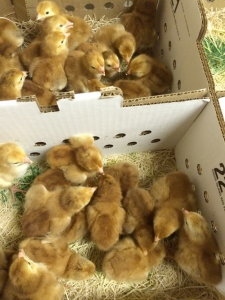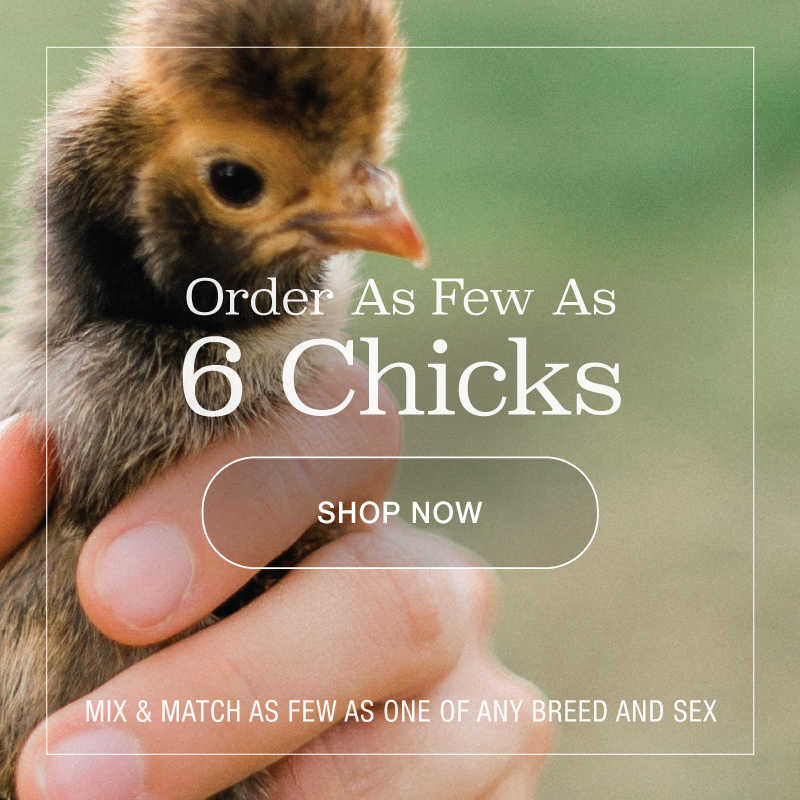 Raising chickens is becoming more and more popular with homesteaders, hobbyists, urban farmers, and those wanting to have an organic resource for their eggs and meat. Chickens can also be beneficial in helping to control pests and produce manure for fertilizer.
Raising chickens is becoming more and more popular with homesteaders, hobbyists, urban farmers, and those wanting to have an organic resource for their eggs and meat. Chickens can also be beneficial in helping to control pests and produce manure for fertilizer.
When starting out, you have several options for populating your flock. Each have their advantages and disadvantages so it is important to look at your situation to find the right fit.
Day-old chicks can be shipped throughout most of the United States. Upon their arrival, they will need to go into a brooder to keep warm, much like a mother hen would do if she hatched them. Chicks will need water and food right away and will need to stay in the brooder for several weeks as they grow and feather out. Once they no longer need supplemental heat, they can be introduced into an outdoor coop.
Fertile eggs can be hatched in an incubator and takes about 21 days to hatch. Once they hatch, they will need to be treated like day-old chicks. Hatching can be a rewarding experience but does require more time and equipment. If you’ve never raised chicks before, we recommend starting with day-old chicks or another option.
Started chicks are those that have been raised in the brooder until they are 4-9 weeks old. When you buy started chicks, you will receive them about the same age as those that are coming out of brooder so they are ready to go right into the coop. This is a great way to save extra time but the cost per bird will be higher because of the extra care, feed and equipment needed to raise them. Shipping costs will also be more due to their larger size.
Started pullets are female chickens that are approaching laying age, typically 18 weeks and up, and are a great way to start getting eggs quickly. They do require additional care, feed and housing and because of their larger size, shipping costs are higher.
Once you have decided on how to start your flock, the following tips from our customers submitted via social media, can help you successfully be on your way:
“Always build your coop larger than you think you want it.”
“No such thing as a coop that’s too big.”
“Baby chicks are like newborns. They eat, poop, sleep. You feed, change their water and clean poop…like a few times per day. Do not get babies unless you can commit the time.”
“Do not overcrowd your new babies or someone will get suffocated. Use two or more heat lamps so they can move around.”
“When making your pen, bury the fence at least a foot under the ground so nothing can dig under it.”
“When your birds arrive, dip their beaks in the water to verify that they know where the water is and how to drink.”
“I start my chicks on medicated feed (has a coccidiosis preventative in it) and another important thing is to give them plenty of space and keep their feeders and waterers clean and filled daily.”


